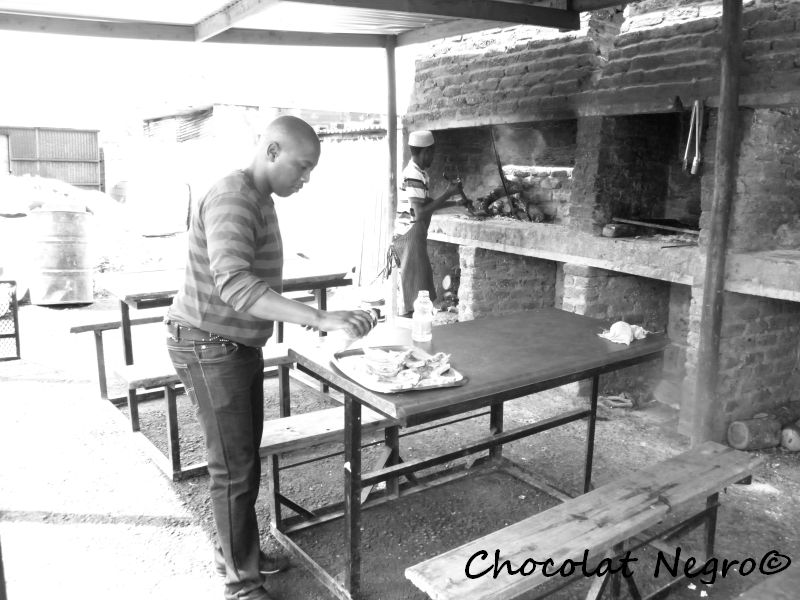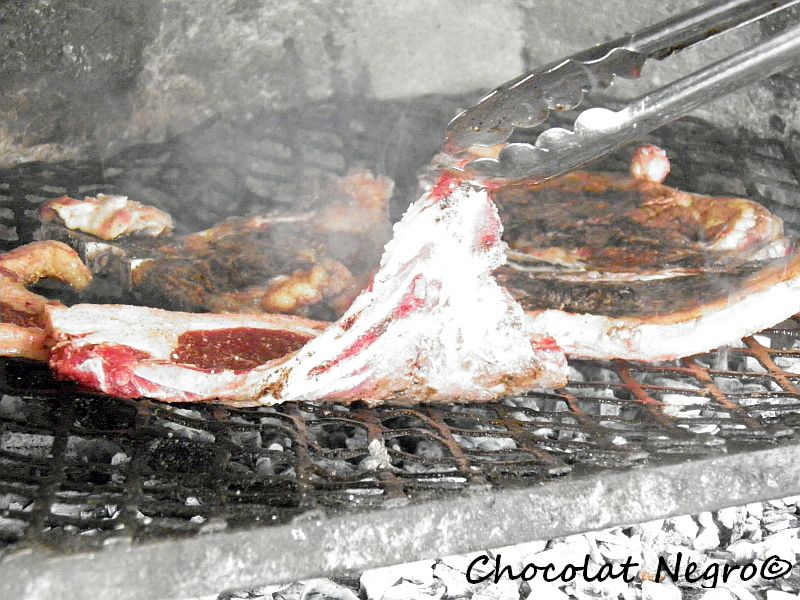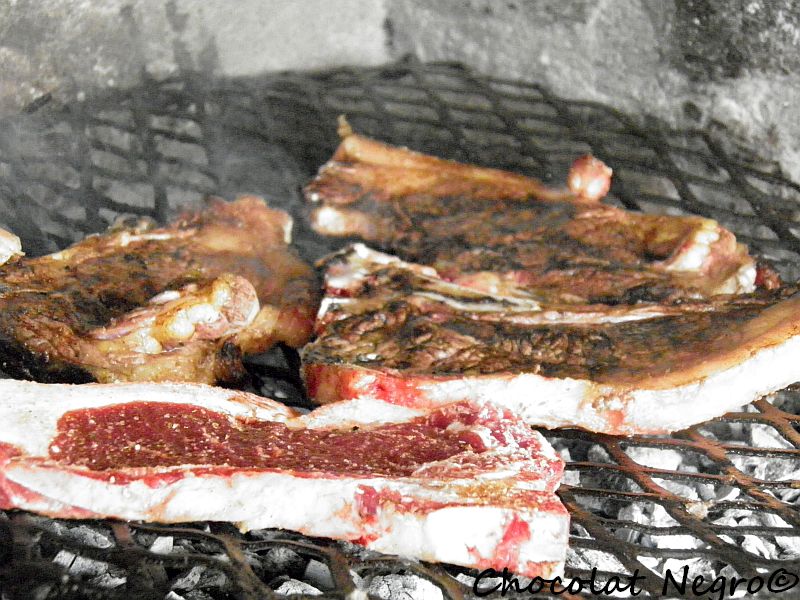
The Mdantsane Way Magazine is like a story teller from the old Orient. Our stories go on and on. The stories we tell, continue over time. And when we have really finished telling a story, and if we have told it well, the reader has the feeling that he or she somehow knows the person or institution. But we always leave the door a little open, to be able to continue with a person's story at a later stage, due to the fact that a persons life does continue as well and interesting and surprising things might happen.
We are not publishing what is called breaking news - disastrous news to use another word.
The Mdantsane Way is a new kind of online magazine: authentic, personal and interactive, with engaging long-form
storytelling. To us storytelling means we have to be narrative with a strong sense of place,
character or time. We have to leave some beautiful images behind of the things we have seen.
Our words have to be carefully selected when repeating what we have heard to respect every body's life and to be not superficial. Our stories have to convey a message as well. The message is that the example of somebody else can trigger your own success simply because you see it is possible, somebody else has done it. Everybody can become the master of his own mind and live his own life.
Sometimes help from the outside is needed to realize your dreams, but the help is always there. The important thing is to realize in your mind, that what you want can be done. Once this has been achieved helps comes because people start taking you serious!
 |
| Empty halls and silence before |
We have a considerable number of new readers from Russia. And we have new readers from Lebanon and Singapore.Thank you to our Russian Readers. Thank you to our readers from Lebanon and Singapore. To us this is amazing!
The Mdantsane Way is published digitally, so we can distribute globally across borders and cultures, instantaneously. This has always been our objective. But we are still amazed how well it works. We are in a relatively unknown place compared to the rest of the world and still people from other countries find us on the net.
Our mission is to leave something behind, that readers can come back to. Our images will not die. They will keep their beauty. Our words have been chosen in a way that they will not loose their meaning in a couple of years.
We can see from our statistics that our new and old readers go back now to the stories we have told a year of two ago.
So may be if we continue our work, we will become something like a point of reference that is like a cut through the South African society, that readers can come back to even in ten years.
We are also getting a lot of feedback from South African readers.
Vuyolwethu Mbatyoti has an applied degree in communication management, is doing an Honors in Social Science (we have not yet met but we will next week) and has send us a letter commenting on the topic of education.
"Mdantsane is a big township and it is full of
uneducated and unemployed people especially the youth, an emphasis on the value
of education is not a bad idea. Sharing success stories on education can
encourage young people to value education and improve their lives for the
better. In this way the magazine is contributing toward the development of the
community."
That is exactly our opinion and the reason why we are running several stories on the Inkwenkwezi High School in NU 6.
 |
| The teachers were not the ones to be concerned about the exams |
When we visited the Inkwenwkezi High School the other day exams were in progress. We have in South Africa what has been labelled an education crisis by the South African government and the Eastern Cape is the poorest performing province. Very low matric pass rates and a high percentage of learners that drop out of school, non interested teachers are characteristics of this situation.
The Inkwenkwezi High School is an example of a school making a difference.
 |
| Intense discussions after the exams |
While the halls were empty and there was a deadly silence when we arrived, a couple of minutes later the school premises were humming with voices and sounds.
Concerned faces, worries....
and ways to de-stress had to be found!
The girls of South Africa are of a striking beauty but most of the real supermodels of this world are not discovered, no matter how great their beauty. But education can and will take a young person to where he or she wants to be.
Some had the feeling they had done very well
while others were just happy everything was over!

























































